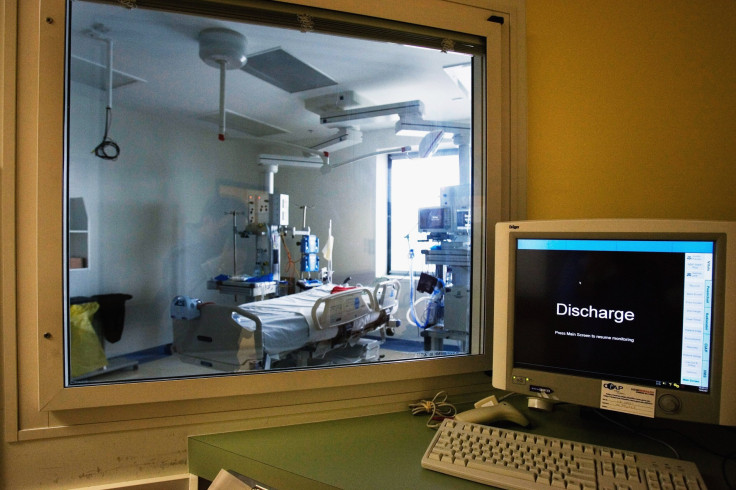Neurologist Supports Jahi McMath's Family To Undo Death Certificate, Says She's Alive

A teenage girl who had been declared brain dead in 2013 is said to be alive and recovering with time according a court document filed June 29 in Alameda County Superior Court by retired neurologist Dr. Alan Shewmon and professor emeritus of pediatrics and neurology at UCLA, who claimed that videos recorded by the girl’s family from 2014 to 2016 show the teen is still alive, reports said Monday.
A Northern California judge will soon decide whether to revoke her death certificate issued by a hospital in California in 2013. Shewmon could lead the case to a different turn as his filed court documents support the efforts by McMath's family in revoking her death certificate. Shewmon is a veteran critic of how brain death is defined medically. In his court documents, he argued he has seen video clips of the girl twitching her fingers, indicating that her brain is still functioning.
Read: Jahi McMath ‘Brain Dead’ After Tonsil Surgery, 13-Year-Old Oakland Teen May ‘Never Come Home Again’
"The video recordings, as crude and unsystematic as they are," he wrote, "represent the only way at present to decide whether Jahi is permanently comatose or in a minimally conscious state with intermittent responsiveness."
The documents claim McMath appeared to move her extremities and respond when faced with simple commands. Although the teenager remains neurologically disabled after the surgery in December, Shewmon said she is not brain dead.
See posts, photos and more on Facebook.
In December 2013, McMath went to Oakland Children's Hospital in Oakland, California, for a routine tonsil and adenoid removal. However, she was said to be suffering from a disorder called sleep apnea, a chronic condition which causes breathing to pause or become shallow while a person is asleep. McMath's tonsil surgery was supposed to be a standard surgery and she was supposed to be released from the hospital the following day. However, complications from the surgery left the teenager brain dead, according to the hospital authorities. She was later put on life support despite the fact that doctors and other experts in the hospital said it was unnecessary and rushed the family to take a decision on whether to keep her on support.
"Jahi’s subsequent course defied all predictions of what must happen to dead bodies maintained indefinitely on ventilators," Shewmon said in his report filed in the court case. "Jahi McMath is a living, severely disabled young lady, who currently fulfills neither the standard diagnostic guidelines for brain death nor California’s statutory definition of death."
In court documents, lawyers for the California hospital argued McMath's family's lawyers did not hand over the recent video clips that Shewmon claimed to have viewed for proper investigation. The hospital lawyers said they wanted to analyze the videos independently to understand the teen's condition. In a July 6 court filing, one of the hospital lawyers, Jennifer Still said: "body movements could be easily manipulated."
Still said McMath was "typically covered up with blankets" in videos that had been previously recorded and shown to them by the family, making it impossible for them to determine if something might have been happening under the blankets in order to make the body move.
"Often the camera only shows a convenient angle, such as a close up of her foot or hand," Still wrote, according to ABC News.
Read: Brain Dead Back To Life? Doctor Wants To 'Reanimate Living Cadavers'
This specific currently adds to the ongoing debate over the very definition of death by the medical community and parents' rights to choose their own child's medical treatment. In McMath's case, her parents wanted her to be on life support to be alive while her doctors thought it was unnecessary and futile in treating a deceased person. In a similar case in the U.K., the parents of 11-month-old Charlie Gard announced Monday that they were stepping back from their legal fight in order to stop doctors from turning off their baby's life support. They had previously resisted and argued that an experimental treatment could extend and improve Charlie's life.
© Copyright IBTimes 2025. All rights reserved.






















